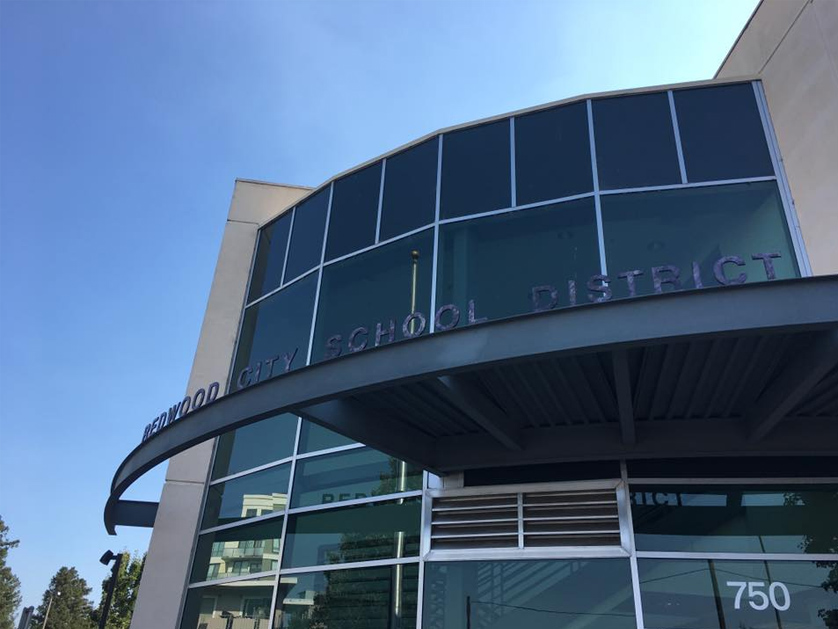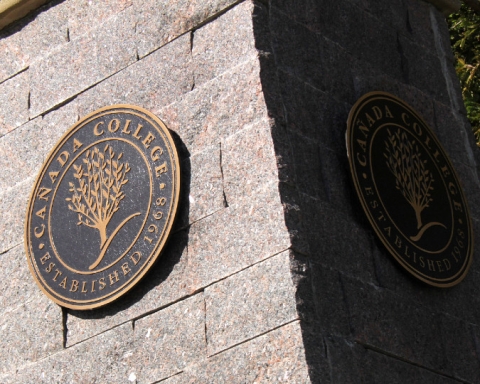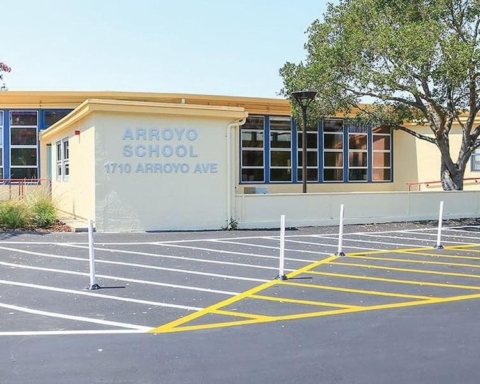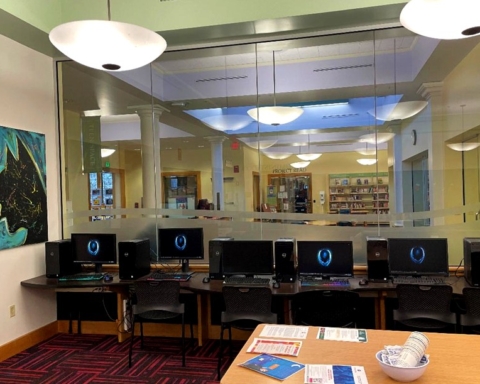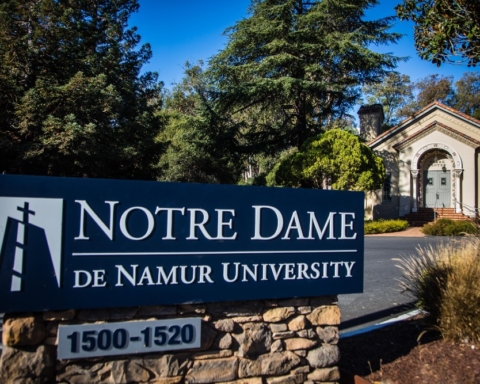By Bill Shilstone
Here is how Redwood City School District Supt. John Baker’s final proposals to the board of trustees would affect each of the district’s 16 schools. Board action is scheduled for Wednesday Nov. 28 at Sequoia High School’s Carrington Hall. The meeting begins at 7 p.m.
Fair Oaks: School closes and students move to nearby Taft or have priority in transfer to any other school in the district.
Taft: Absorbs students from Fair Oaks. The district will go ahead with the scheduled two-year Measure T modernization on the Taft campus, at the same time working with the community to develop an “innovative, academically rigorous program serving a culturally and socioeconomically diverse population.”
Orion: The parent-participation program, one of the Schools of Choice magnets that draw students from throughout the district, moves to John Gill, sharing the site with the Mandarin Immersion program. The Allerton Street campus closes. Orion families who choose not to move with the parent-participation program have the option to attend their neighborhood school.
John Gill: Ceases to become a neighborhood school. Current students have first priority to stay as part of the Orion parent-participation program or to move to another school.
Adelante: Campus on Granger Way closes, and its Spanish Immersion program, another of the district magnets, moves to Selby Lane in Atherton to join 250 Spanish Immersion program students there. Adelante families who choose not to move have the option to attend their neighborhood school.
Selby Lane: 460 students not in the immersion program have priority in moving to other schools. The preschool and transitional kindergarten programs at Selby Lane become Spanish Immersion.
Hawes: School closes and students move to nearby Roosevelt, Henry Ford or Orion (John Gill) or have priority to other schools.
Roosevelt, Garfield, Hoover, Kennedy, Clifford, Roy Cloud, McKinley Institute of Technology, North Star Academy and Henry Ford: Not affected except to absorb displaced students from Fair Oaks, Hawes, John Gill and Selby Lane, who will have priority to choose and attend any school in the district.
No determination has been made on what will happen to the closed-school properties.
The district office will close and move to a vacated school sometime in 2020, Baker said, bringing in a potential revenue of $1.6 million a year. Other projects for the near future are a review of the K-8 vs. K-5/6-8 configuration and a study of the role of North Star Academy, the district’s accelerated-learning choice.
The proposals are designed in part to take advantage of the most popular choice programs, including Roosevelt’s project-based learning, by giving them room to expand and possibly attract more students.
All of the proposals, Baker said in his memorandum to the board for Wednesday’s meeting, “should promote racially and socioeconomically balanced schools and not further segregate our students.” The district has a marked east side-west side imbalance, and most of the district’s enrollment decline is happening on the east side.
REDWOOD CITY SCHOOL DISTRICT DEMOGRAPHICS
SCHOOL CAPACITY* ENROLLMENT * NON-WHITE PERCENTAGE**
Kennedy (6-8) 1,680 706 82
Hoover (K-8) 1,470 681 98
Selby Lane (K-8) 1,290 740 95
Clifford (K-8) 1,110 558 55
Roosevelt (K-8) 1,110 581 80
Taft (K-5) 1,080 331 98
Garfield (K-8) 1,020 570 98
Roy Cloud (K-8) 990 718 37
Fair Oaks (K-5) 960 221 97
Henry Ford (K-5) 780 377 70
McKinley IT (6-8) 720 408 96
John Gill (K-5) 660 288 90
North Star (3-8) 630 536 51
Hawes (K-5) 570 301 98
Adelante (K-5) 550 464 76
Orion (K-5) 270 211 53
Total 14,890 7,691 80
*Redwood City School District figures from early fall 2018
**State Dept. of Education figures for 2017-18

